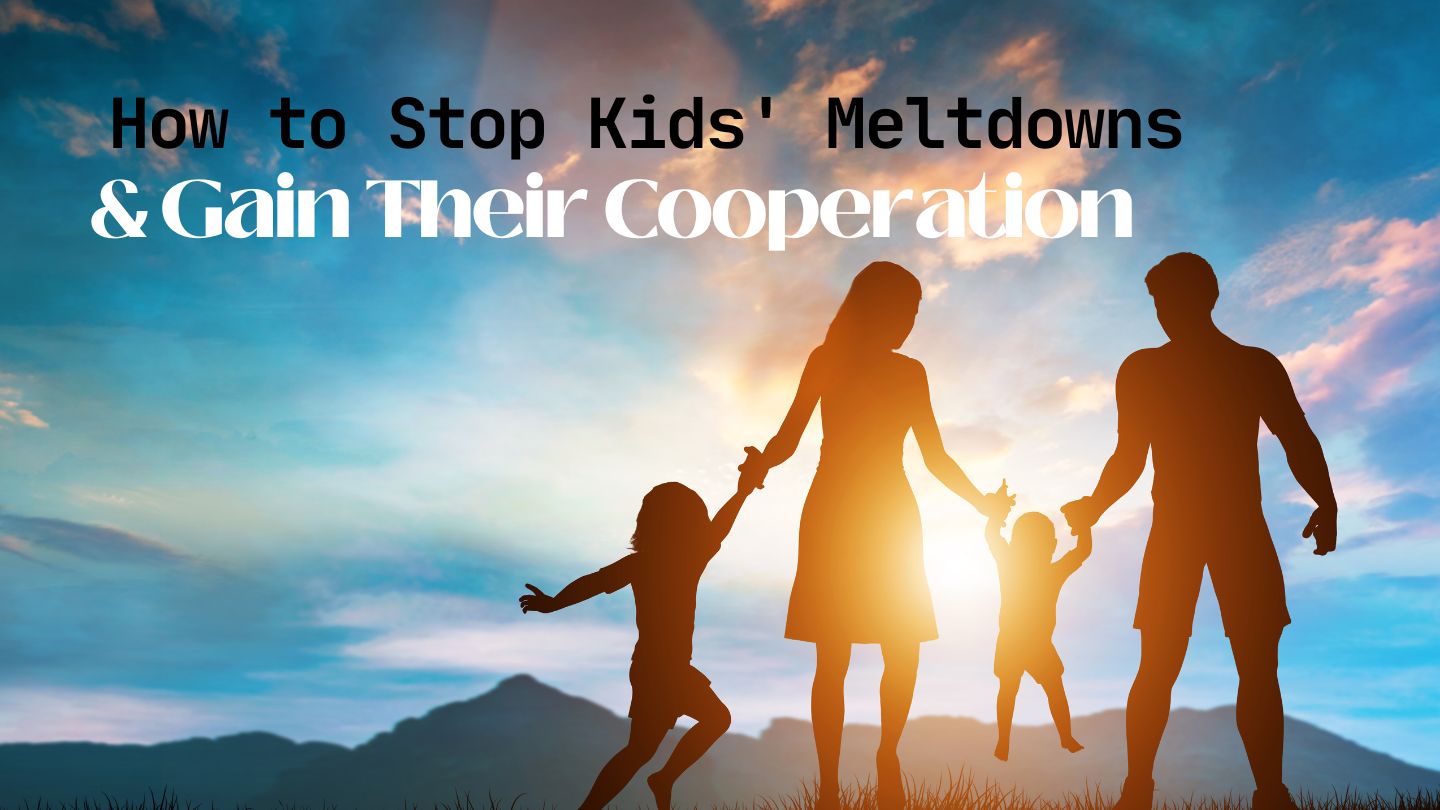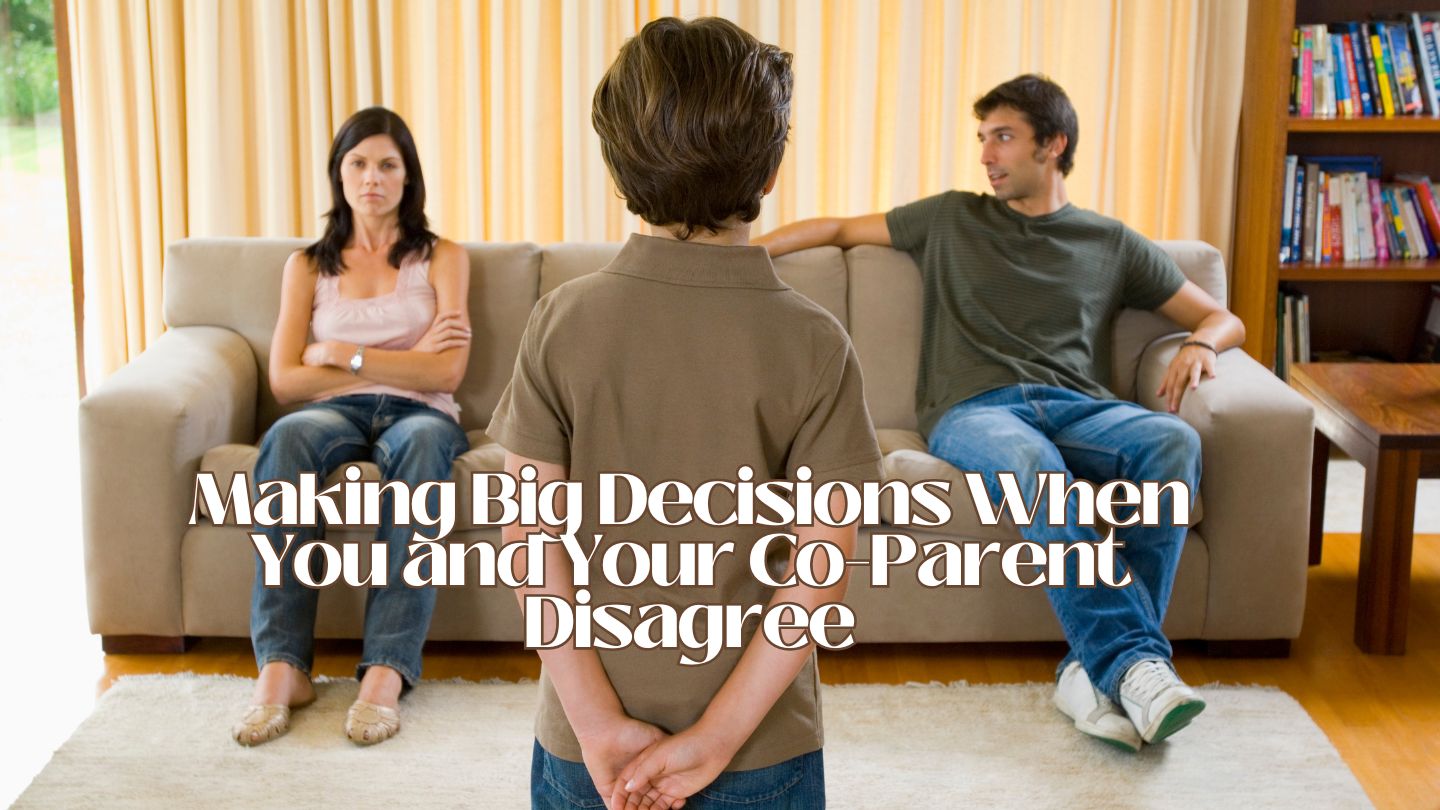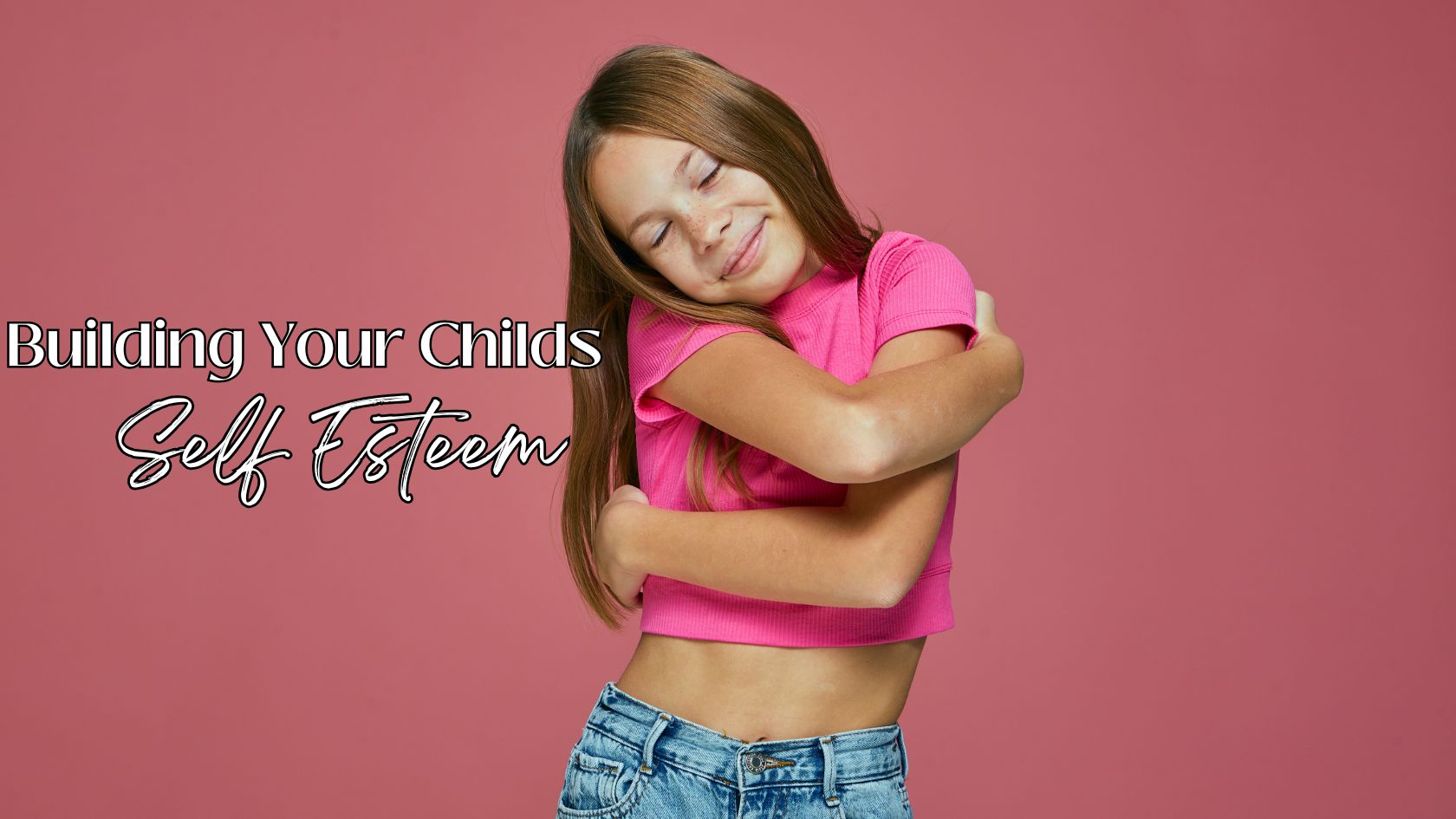Latest From Upschool
- How to Stop Kids’ Meltdowns and Gain Their Cooperation
- Making Big Decisions When You and Your Co-Parent Disagree
- Building Your Child’s Self Esteem
- Separation Anxiety & Starting School
- Why Parents Should Listen to Kids
- How To Raise Emotionally Intelligent Children
- How to Combat End of Year Fatigue
- Navigating Technology and Kids: A Guide for Parents
-
-
No videos yet!
Click on "Watch later" to put videos here
- View all videos
-
-
-
Don't miss new videos
Sign in to see updates from your favourite channels
-
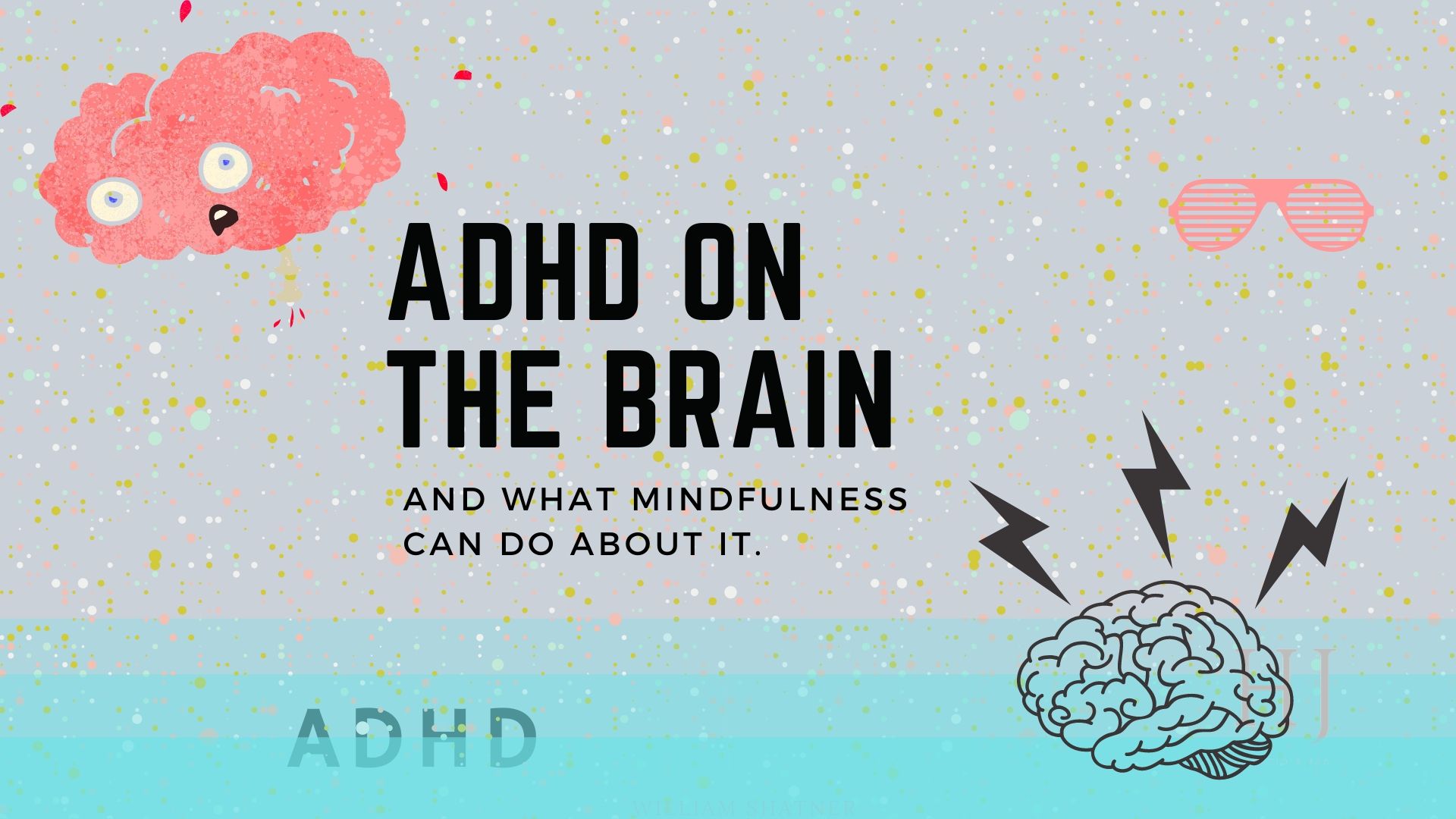
ADHD on The Brain & What Mindfulness Can Do About It.
ADHD as described by world authority Dr Russell Barkley – a clinical psychologist and clinical professor of psychiatry at the VCU Commonwealth University – is not a disorder of inattention – but an inability to self -regulate and an executive function disorder. The brain regions designed for higher cognitive function are faulty and underdeveloped.
Written By – Emily Rack
ADD OR ADHD?.
The definition of ADHD - Attention Deficit Hyper-Activity Disorder and ADD - Attention Deficit Disorder are not distinguishable from one another. ADD is no longer used as a label for the disorder; there is only ADHD. The diagnostic name ADHD is under scrutiny from Clinicians and experts because it limits the perception of the disorder, which is much more than a deficit in attention.
ADHD is often mistakenly believed to be a behavioural problem in children that is characterised by an inability to concentrate, disruptive behaviour, aggression, inattentiveness, and emotional instability, as well as difficulties socialising and maintaining relationships.
People with ADHD are labelled lazy, careless and unreliable, and the added stigma that ADHD is a bad thing to have increases the anxiety and shame that sufferers feel.
Kids with the disorder often have trouble keeping up with classmates and are prone to emotional meltdowns which often isolate them socially. Parents often feel judged and insecure about their parenting, blaming themselves or being blamed for their child's uncontrollable behaviours.
ADHD is a very distressing condition to have whether you are a child or an adult. Rarely understood and regarded as a trivial mental ailment, the disorder needs to be recognised as a severe impairment and treated with the respect other major psychiatric disorders are.
Widely Misunderstood
ADHD is one of the most misunderstood neurological disorders, says Dr Russell Barkley the world authority on the developmental disorder. He says that ADHD is a severe neurological condition that has enormous impactions on the lives of people who have it.
ADHD impairs the self – regulatory systems in the brain, so someone that has it finds typical day to day tasks difficult to achieve and more complex planning near impossible. The goals and aspirations of someone with ADHD are often inaccessible to them – not because they aren’t intelligent enough, but because they can not activate their acquired skills.
With an ADHD brain, there is a gulf between one hemisphere to another. Somehow the information from the back of the mind needs to leap into the front. Goodluck. That is why people with ADHD take stimulant medications. The medication boosts the neurotransmitters – dopamine and norepinephrine so the brain regions that struggle to adhere to each other – communicate.
The Emotional Roller - Coaster
One of the hallmarks of ADHD is that of emotional dysregulation – the inability to control one’s emotions or respond to situations appropriately. Most of us can self- regulate from the inside out, but someone with ADHD can become dysregulated by external factors, meaning their mood and behaviour is subject to the outside world.
Anger, aggression and destructive behaviour are often a result of intense emotional fluctuations and overload – and without the hardware inside their head to maintain equilibrium someone with ADHD can turn feral and lose their temper very quickly. These impulsive out-of-control bursts of fury, rage and tears are what defines the disease in the eyes of society.
People with ADHD can not self soothe, and just like a newborn baby, require the nervous system of another human being to help regulate their own. The anger we see is coming from pain and fear triggered by an overactive fight and flight reflex. They are prisoners to their primitive mind, and losing control comes with embarrassment and shame – followed by guilt and resentment.
That is why someone with ADHD should be given adequate support from teachers, friends, colleagues and family to learn how to manage emotions and self – regulate behaviour. Helping someone with ADHD manage their time and priorities, identity goals and make plans to achieve them significantly reduce the sensations of anguish and frustration they feel.
There is No Cure
There is no cure for ADHD, and it doesn’t disappear as you get older – you might be less hyperactive, but the restlessness becomes internalised, and it creates anxiety.
Having the right support from doctors, clinicians and the community as well as learning how to self manage the condition makes a difference.
If ADHD was understood in more detail and respected as an acute developmental disorder, more interventions at an early age could be in place offering the sufferer and families are more significant opportunity to thrive in school, relationships, working life and the community. Cognitive and behavioural disorders are socially and emotionally isolating, so it’s important to share the facts, change our perceptions and create the right kinds of environments for everyone to thrive.
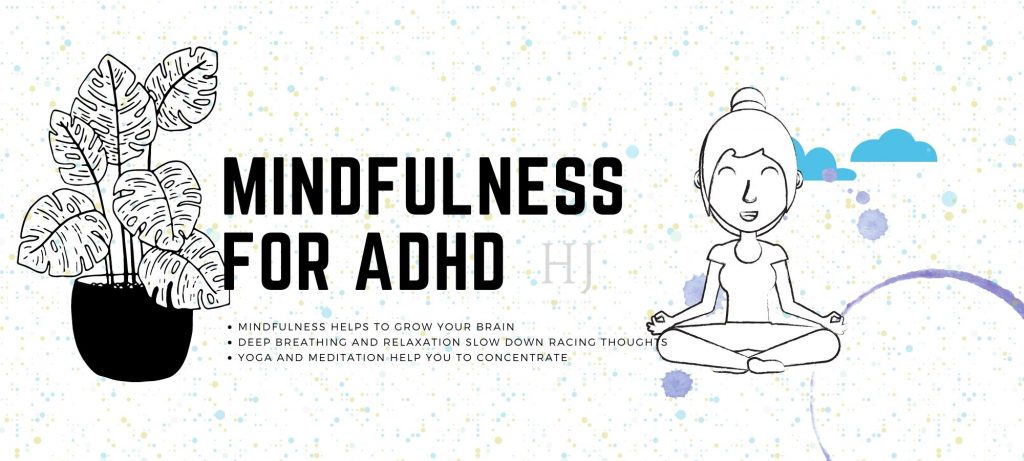
Mindfulness Practices Are Awesome for People With ADHD
Mindfulness is a blanket term for different brain training activities like meditation, mindfulness breathing, and yoga. The skills taught in mindfulness are designed to enhance one's ability to stay focused and aware of the present moment. The strengthening of concentration and attention through mindfulness is fantastic for people with ADHD, and it helps when it comes to making the right decisions and planning for the future.
Mindfulness helps with mind wandering and unwanted thoughts, which free our mental space for more creative pursuits. Practising mindfulness improves our overall wellbeing. It encourages compassion, kindness, and self -care and with that a gentler approach to life. Understanding is the key to living a healthy and happy life.
We are all set with strengths and limitations, and it is through our experience and understanding of them that we learn compassion and acceptance of ourselves and everyone else.
Resources and References
(FYI how someone with ADHD experiences time is different from ordinary people and regular planners and diaries will not work in organising their life)
Check out Ryder Carrols Method in personal planning designed for people with ADHD.
https://bulletjournal.com/pages/about
Bullet Journal® (or BuJo® for short) was created by Ryder Carroll, a digital product designer and author living in Brooklyn, NY. Diagnosed with learning disabilities early in life, he was forced to figure out alternate ways to be focused and productive. Through years of trial and error, he developed a methodology that went far beyond the simple organisation. Now he focuses on helping others learn what the Bullet Journal method is truly about: the art of intentional living.
http://www.russellbarkley.org/about.html
Russell A. Barkley, Ph.D., is a Clinical Professor of Psychiatry at the Virginia Commonwealth University Medical Center (VCUMC), Richmond, VA.
Dr. Barkley is a Diplomate (board certified) in three specialties, Clinical Psychology (ABPP), Clinical Child and Adolescent Psychology, and Clinical Neuropsychology (ABCN, ABPP). He is also a Fellow in the American Psychological Association. A clinical scientist, educator, and practitioner, he has published 25 books, rating scales, and clinical manuals now numbering 43 separate editions. He has also published more than 300 scientific articles and book chapters on ADHD and related disorders. He founded The ADHD Report (Guilford), a clinical newsletter in its 28th year and on which he serves as Editor. He has created seven award-winning professional videos on ADHD and defiant children. -
https://youtu.be/sPFmKu2S5XY
Guest Contributor: Emily Rack
Business Name: Horatio’s Jar
Publisher: Digital Schools
Emily Rack is a qualified yoga teacher, meditation instructor, freelance writer and visual content creator. She is the head of the content production, publication and editing for Upschool+ Guest Contributors. Emily provides mindfulness and wellbeing workshops, immersive experiences, classes and events for the whole community and is an experienced event designer, teacher and performing artist.
——-
PUBLISHER’S DISCLAIMER: The publisher of this blog post (Digital Schools PTY LTD) works in partnership with the school as a 3rd party provider to help build and maintain the school website. Digital Schools sources a range of experts who provide products and/or services to educational institutions and we work with them to produce and publish topical information in the form of blog posts that we think may be relevant, interesting or topical to families within the community. The views, opinions and content listed in this blog post are that of the guest contributor and/or publisher (Digital Schools). It should be noted that whilst the publisher and guest contributors are acting with the best intentions and in the best interests of the school and their community to provide helpful or interesting information, sometimes the content may not necessarily reflect the views of the school.
The information in this blog post is not meant to be used, nor should it be used, to diagnose or treat any medical condition. For diagnosis or treatment of any medical problem, consult your own physician. The school and the publisher of this blog post are not responsible for any person reading or following the information in this article who may experience adverse effects.
Any references to external websites or sources are provided for informational purposes only and do not constitute endorsement by the school or publisher in any way and the publisher and/or school cannot guarantee accuracy of information listed.
If you have feedback on any content on this platform, you can submit it to the publisher using the feedback link provided at the bottom of this page.


